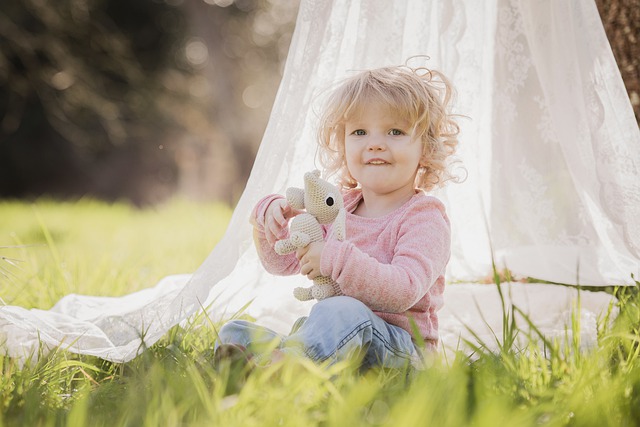Helping your child’s emotions
We learn the importance of cuddling when we are infants, it helps bond us to our mother. It’s one of the lessons we pick up in the first few weeks of our lives, that when we are upset or emotionally aroused in some way that we can be reassured by a cuddle, just like being rocked, stroked and spoken to softly. We rely on this in adult life when we are happy, angry, annoyed, depressed or lonely…
So here’s a few things that hugging your child several times a day will teach them:
We learn that cuddles and hugs are a positive experiences that can give us a similar oxytocin (the ‘feel good’ hormone) rush as when we are laughing and smiling.
Cuddles and hugs also reassure us that ‘we are not alone’ and help pull us out of negative emotions.
The physical act of giving someone a hug can give a sense of containment when they are emotionally overloaded. It gives positive sensory feedback, a bit like when we are angry we clench our jaws to ‘hold it together’.
Hugging someone can help relieve their stress levels and consequently reduce their blood pressure.
Hugging someone when they are upset helps them to allow people through their defences. It also helps them to trust people and get used to physical contact when having extremes of emotions (think about the people you know who need a hug but shrug everyone off, don’t let this be your child).
Hugging can build self-esteem and shows empathy to the person you are hugging, building more of a bond with them.
A hug is one of the ways that we can access our core-inner self, our secure base, just like for some people a candle-lit bath does, or soup on a wet day, or chocolate – it creates a response within the body that can help feel contentment.
Cuddles and hugs are just one of the ways of preparing your child for their adult life, if you want more then have a look at my website, there’s hundreds of different ideas in there.
There is a theory that the optimum time for a hug is 20 seconds. The average hug is 3-5 seconds long. How long do you hug for?
If you want more advice like this to help your child, then head on over to Help My Child Grow, my parenting network, to connect with other like-minded parents.



